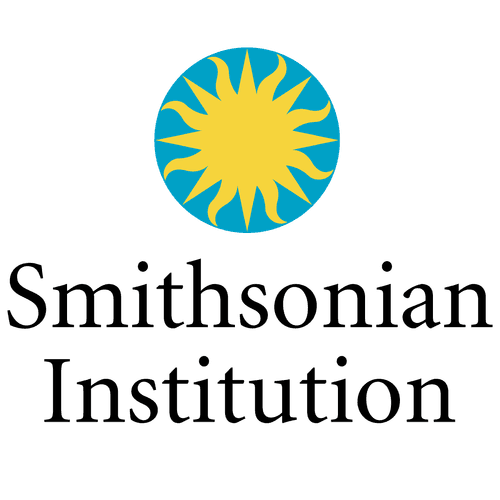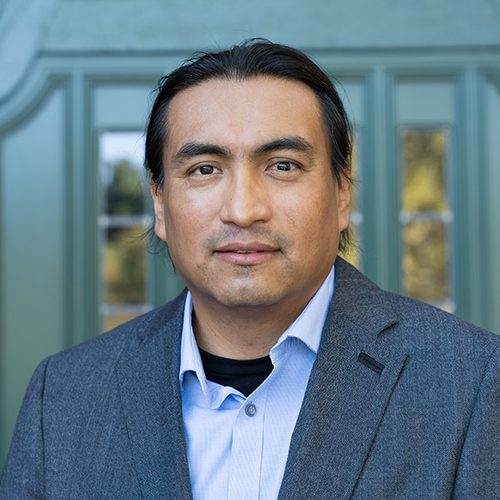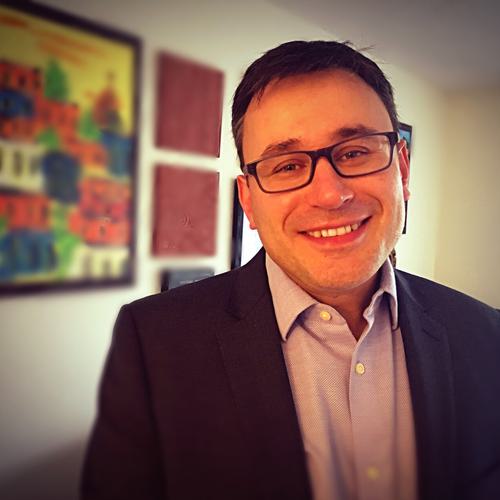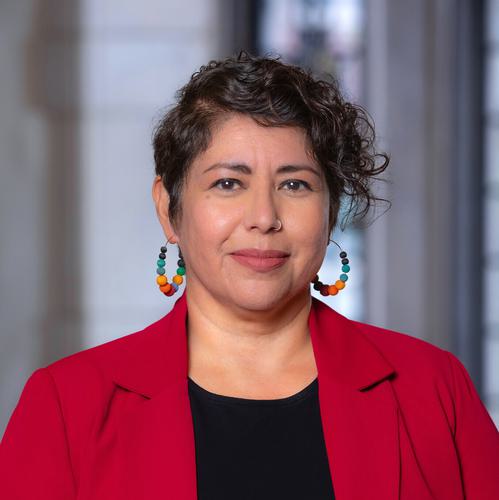Latin American Studies
Academic Program Introduction
Latin American Studies is an interdisciplinary program. Over 20 faculty in 14 departments teach courses and conduct research on Latin America and its diaspora. With a faculty advisor, students can design a major or minor that draws upon courses from across the social sciences and the humanities. The major equips students with a breadth of knowledge about the region—including one of its major languages—and develops their abilities to evaluate Latin American topics from more than one disciplinary perspective.
Learning goals
- Comprehend and speak either Spanish or Portuguese at an advanced level, as detailed in the ACTFL proficiency guidelines.
- Demonstrate foundational knowledge of Latin America’s history, cultures, economies, and literatures.
- Demonstrate specialized knowledge in at least one discipline of the social sciences and one discipline of the humanities.
- Compare and critique the modes of inquiry—including theories, methods, and/or data—used by Latin Americanists in at least three disciplines of the social sciences and humanities.
- In at least two disciplines, apply modes of inquiry to evaluate existing research, synthesize its findings, and carry out new research on Latin American topics.
Programs of Study
Latin American studies major and minor
Students explore Latin America’s history, cultures, economies, and literature.
Course highlights
The Making of Modern Latin American Culture
SPAN275
An examination of the principal characteristics of the search for identity and independence of the emerging Latin American nations as expressed in literary, historical, and anthropological writing. We will examine the experience of each of four distinct regions: Mexico and Central America, the Caribbean, the Andean countries, and the Southern Cone. Readings will include the works of contemporary Latin American writers, filmmakers, and historians. Special attention will be given to the relationship between social issues and the evolution of literary form.
(LAST 275 and SPAN 275 are cross-listed courses.)-
Calderwood Seminar in Public Writing: Museums Speak: Communication and Controversy
ARTH378
Art and anthropology museums tell stories about the past and its relevance to the present, but what stories they tell, who gets to tell them, and which objects should — or should not — be considered are not always self-evident. In this writing-intensive seminar, you will learn how texts — from wall labels to exhibition reviews — engage audiences within and beyond the museum’s walls. The course consists of writing assignments related to artworks made in Latin America, many on exhibit at the Davis Museum and the Museum of Fine Arts in Boston. Through these case studies, we will learn how to convert visual images and academic arguments into appealing, jargon-free prose. In keeping with the structure of the Calderwood seminar, weekly deadlines in this class are firm so as to allow classmates time to reflect on such arguments and comment on each other’s ideas. Take on the role of museum curator and learn how texts help us navigate controversies over the acquisition, provenance, and display of artworks from distant cultures and places. (ARTH 378 and LAST 378 are cross-listed courses.) -
Contemporary Problems in Latin American History
HIST207
In this problem-centered survey of the contemporary history of Latin America we will critique and go beyond the many stereotypes that have inhibited understandings between Anglo and Latin America, cultivating instead a healthy respect for complexity and contradiction. Over the course of the semester we will examine key themes in current history, including the dilemmas of uneven national development in dependent economies; the emergence of anti-imperialism and various forms of political and cultural nationalism; the richness and variety of revolution; ethnic, religious, feminist, literary, artistic, and social movements; the imposing social problems of the sprawling Latin American megalopolis; the political heterodoxies of leftism, populism, authoritarianism, and neoliberalism; the patterns of peace, violence, and the drug trade; the considerable U.S. influence in the region, and finally, transnational migration and globalization. (HIST 207 and LAST 207 are cross-listed courses.)
Research highlights
-

Professor Evelina Gužauskytė’s second book (working title: Imperial Gaze, Local Narratives: The Politics of Female Fashion in Eighteenth-century New Spain casta Paintings) studies the depictions of women’s garments and bodies in 18th-century casta paintings of New Spain. The book explores female clothing and body as a juncture between the lived experience, the artist’s mind, and the politics and the rhetoric of fashion.
-

Professor Kaleb Goldschmitt’s research focuses on the role music plays in audiovisual media such as film, television, advertising, video games, and TikTok. Goldschmitt’s publications have explored Brazilian music in a Nike ad for the 2006 World Cup, mobile music distribution in the Brazilian music industry, and samba and funk in Brazilian gangster films.
Opportunities
-
Wellesley-in-Chile
In Wellesley-in-Chile, students enroll in one of seven Chilean universities in either Santiago or Valparaíso. They live and study with Chileans and involve themselves in the community through volunteer work, internships, and extracurricular activities. They can choose to follow certain tracks offered at specific universities, including human rights, social movements, and applied studies in health.
-
Study abroad
Students can apply to other Wellesley-approved study abroad programs. These include 22 programs in which the language of instruction is either Spanish or Portuguese.
-
Internships
Students learning Portuguese can apply to study and complete internships in Brazil, Portugal, and Cabo Verde.
Beyond Wellesley
Beyond Wellesley
Many of our graduates pursue careers in nonprofit organizations, law, higher education, and environmental goods and services. Recent employers include Vertex Pharmaceuticals, the Smithsonian Institution, and Amigos de las Americas.
Recent Employers






106 Central Street
Wellesley, MA 02481


























